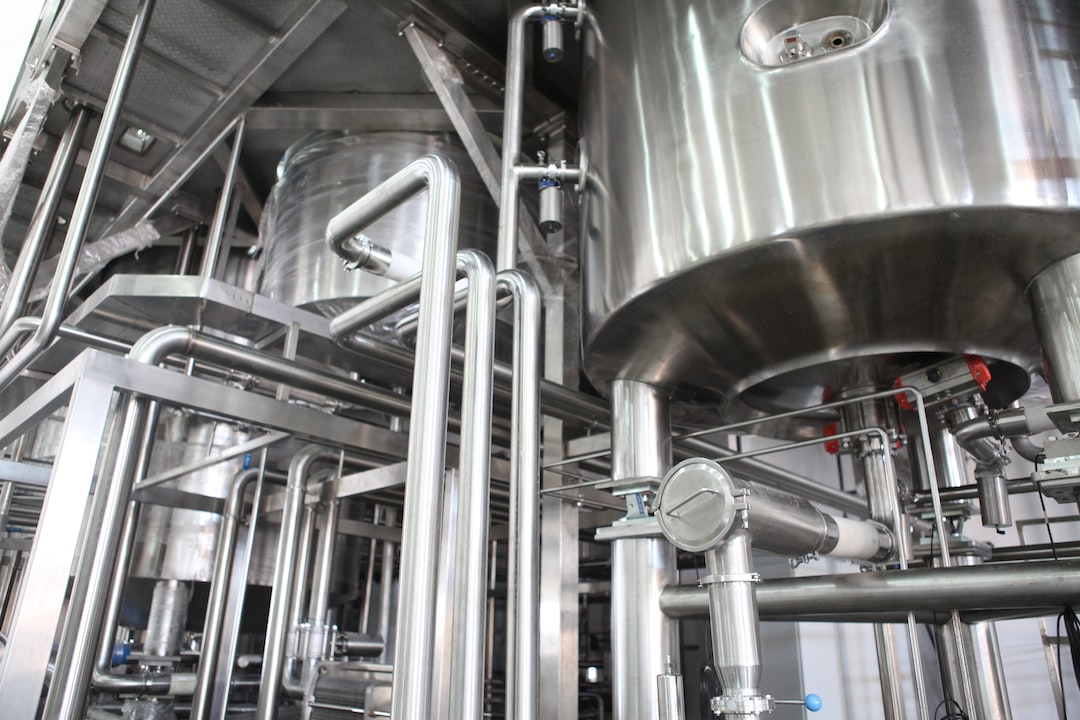The Role of Automation in Modern Production
In recent years, automation has become a prominent feature in various industries, revolutionizing the way production processes are carried out. From manufacturing to agriculture, automation has proven to be a game-changer, offering numerous benefits to businesses. In this blog post, we will explore the role of automation in modern production and how it has transformed the way we work.
Automation refers to the use of technology to perform tasks with minimal human intervention. This can include the use of robotics, artificial intelligence, machine learning, and computer vision. The goal is to streamline and optimize production processes, improving efficiency, accuracy, and productivity.
One of the key advantages of automation in modern production is increased efficiency. Automated systems can perform tasks faster and more accurately than humans, leading to significant time savings. For example, in a manufacturing setting, robots can assemble products at a much faster rate compared to manual labor. This not only reduces production time but also minimizes the risk of errors and defects. As a result, businesses can produce more output in less time, leading to increased profitability.
Accuracy is another crucial factor that automation brings to modern production. Machines are designed to perform tasks with precision, eliminating human error. This is especially important in industries where even the smallest mistake can have a significant impact. For example, in the pharmaceutical industry, automated systems can precisely measure and mix ingredients, reducing the risk of dosage errors. Similarly, in automotive manufacturing, robots can consistently perform intricate tasks, such as welding, with high precision and accuracy. By minimizing errors, automation ensures a higher-quality output, ultimately satisfying customer demands.
Moreover, automation in modern production has also improved workplace safety. Some production processes involve hazardous materials, extreme temperatures, or physically demanding tasks. By utilizing automated systems, businesses can reduce the exposure of their employees to such risks. Robots can handle dangerous materials and perform strenuous tasks, keeping human workers out of harm’s way. This not only protects employees but also helps businesses comply with safety regulations, avoiding potential fines and lawsuits.
Cost reduction is another significant benefit of automation in modern production. Initially, implementing automation systems might require a significant investment. However, in the long run, the return on investment can be substantial. Automated systems eliminate the need for a large workforce, consequently reducing labor costs. Moreover, machines can work continuously without breaks, allowing businesses to operate around the clock, further maximizing productivity. Additionally, automation minimizes the risk of production errors and defects, reducing the costs associated with rework or wastage. Ultimately, these cost savings contribute to the overall profitability of the business.
Despite the numerous advantages, the role of automation in modern production does raise concerns about job displacement. As machines take over tasks previously performed by humans, there is a fear that jobs will be lost. However, it is essential to understand that automation does not eliminate jobs entirely. Instead, it shifts the nature of work. While some tasks may be automated, new roles requiring human skills, such as programming and maintenance of automated systems, emerge. Therefore, the focus should be on reskilling and upskilling the workforce to adapt to the changing landscape of work.
In conclusion, automation plays a vital role in modern production, transforming the way businesses operate. It offers various benefits, including increased efficiency, accuracy, workplace safety, and cost reduction. However, it is crucial to mitigate concerns about job displacement by investing in the development of skills that align with the changing demands of automated production processes. By embracing automation and leveraging its potential, businesses can achieve higher productivity, improved quality, and increased profitability in the ever-evolving landscape of modern production.

